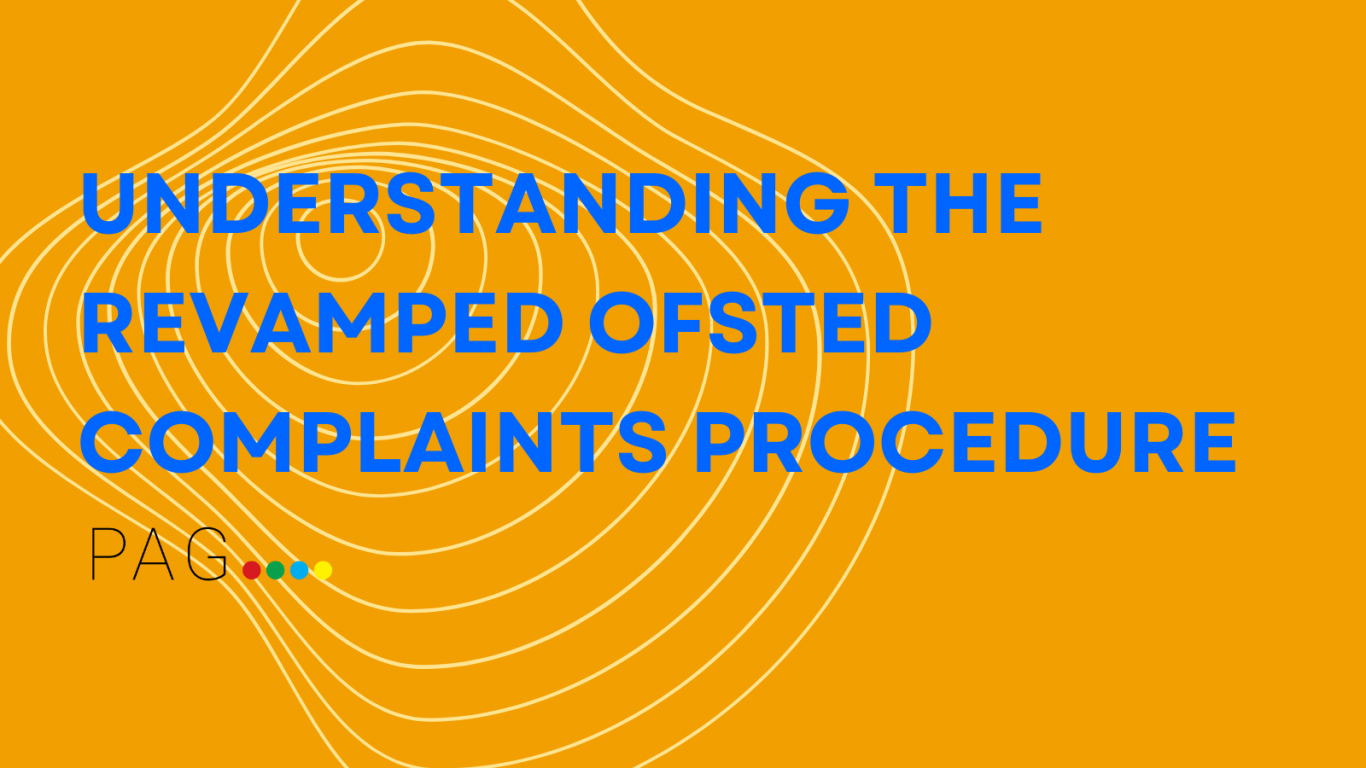Understanding the Revamped Ofsted Complaints Procedure
In an educational landscape where accountability and quality assurance play pivotal roles, Ofsted's updated complaints procedure, effective from April 5th 2024, marks a significant shift towards greater transparency and fairness. This change, propelled by a comprehensive consultation last year that garnered over 1,500 responses from various sectors, reflects Ofsted's commitment to refining its approach to inspections across the board — including schools, childcare, education, and social care - after a tumultuous period for the organisation.
Key Changes in Complaints Procedure
At the heart of the new complaints procedure are two critical changes aimed at enhancing the way schools can challenge Ofsted's inspections. First, the introduction of a new framework allows schools to submit a formal complaint regarding the conduct of inspectors or the judgements made upon receiving their draft report. This step ensures that schools have a direct avenue to seek redress or clarification, promoting a more open and constructive dialogue between Ofsted and educational institutions.
Second, in a move towards greater independence and impartiality, schools now have the option to escalate complaints directly to the Independent Complaints Adjudication Service for Ofsted. This option comes into play particularly when there are concerns that the complaint process was not adhered to correctly. The removal of the internal review process underscores Ofsted's intention to provide a more transparent and unbiased complaints mechanism.
Enhanced Policy on Pausing Inspections
Recognising the complex and multifaceted nature of educational environments, Ofsted has also revised its policy on pausing inspections under exceptional circumstances. This updated guidance now extends across all areas Ofsted inspects, offering a uniform approach to handling unforeseen or exceptional situations that may warrant a pause in the inspection process. For instance, schools and other educational bodies can now pause inspections for up to five days, while other sectors like initial teacher training and further education can extend this pause up to 15 days.
This flexibility is further refined with the consolidation of policies regarding deferring, pausing, and gathering additional evidence into a single, comprehensive policy and illustrates Ofsted's need to be adaptable and responsive to the diverse needs and realities of the educational and care sectors it oversees.
Ofsted's Commitment to Learning from Complaints
Sir Martyn Oliver, Ofsted’s chief inspector, emphasised that these changes are not just procedural but are part of a broader commitment to learning from complaints to enhance Ofsted's operations. The aim is to acknowledge any shortcomings openly and to take corrective steps promptly, thereby strengthening the integrity and effectiveness of the inspection process.
Moreover, the introduction of “enhanced” on-site “professional dialogue during inspections” since January, along with the opportunity for providers to raise concerns the day after an inspection, indicates Ofsted's approach to addressing issues in real time. This facilitates a more collaborative and constructive inspection process, ensuring that concerns are acknowledged and addressed promptly.
Ofsted's updated complaints procedure and inspection policies represent a significant step forward in fostering a more transparent, fair, and responsive educational oversight mechanism. By providing clear avenues for challenge and redress, enhancing flexibility in the inspection process, and committing to learning from feedback, Ofsted is attempting to set a new standard for accountability and quality assurance in the education and care sectors. For schools and educators, understanding these changes is crucial for navigating inspections effectively and ensuring that their voices are heard in the pursuit of delivering high-quality education.
